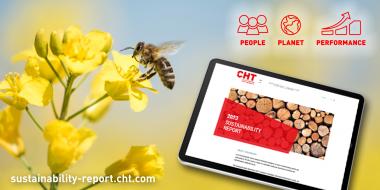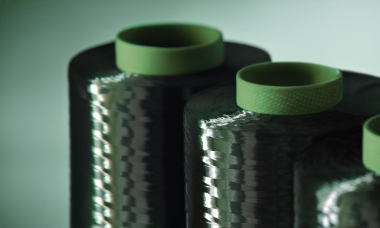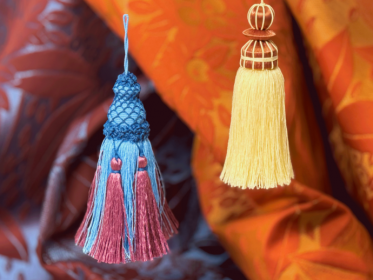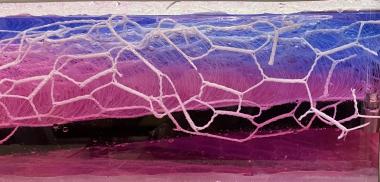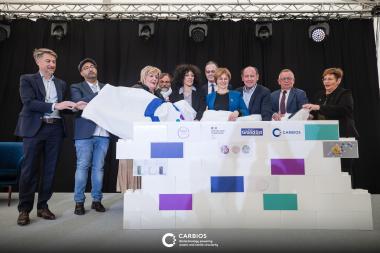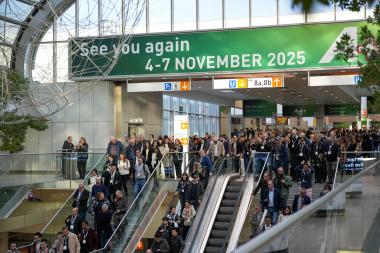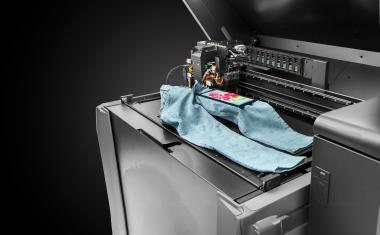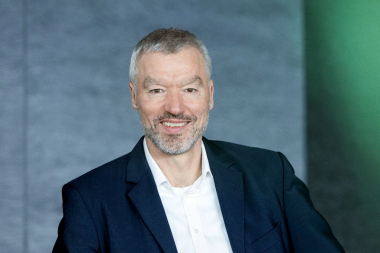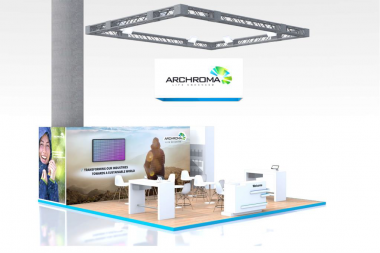CHT Group: Sustainability Report 2023
The Sustainability Report 2023, which is now digitally available, provides insights into the past financial year and summarizes the main ecological, economic and social developments. Sustainability is an integral part of the corporate strategy of the CHT Group.
- The CHT Group uses the terms PEOPLE, PLANET and PERFORMANCE to emphasize its commitment to the 3 dimensions of sustainability worldwide and sets itself further goals. The CHT Group consistently aligns its sustainability strategy with all three ESG dimensions
- Responsibility for sustainability lies with the Chief Sustainability Officer
- Climate protection plays a central role worldwide - the corporate carbon footprint (Scope 1-3) 2023 adds up to 456 kt CO2(e)
- The Group is pursuing the goal of becoming climate-neutral by 2045
- At the end of 2021, the CHT Group signed up to the Science Based Targets initiative (SBTi) to meet the goals of the Paris Climate Agreement and committed to the 1.5 °C target
- SBTi has validated the CHT Group's reduction targets - by 2030, Scope 1+2 emissions will be reduced by - 42 % and Scope 3 emissions by - 25 %. 82 % of sales were achieved with sustainably classified products
- In 2024 EcoVadis awards the CHT Group's sustainability management with the Gold level for the first time
CHT Germany GmbH


